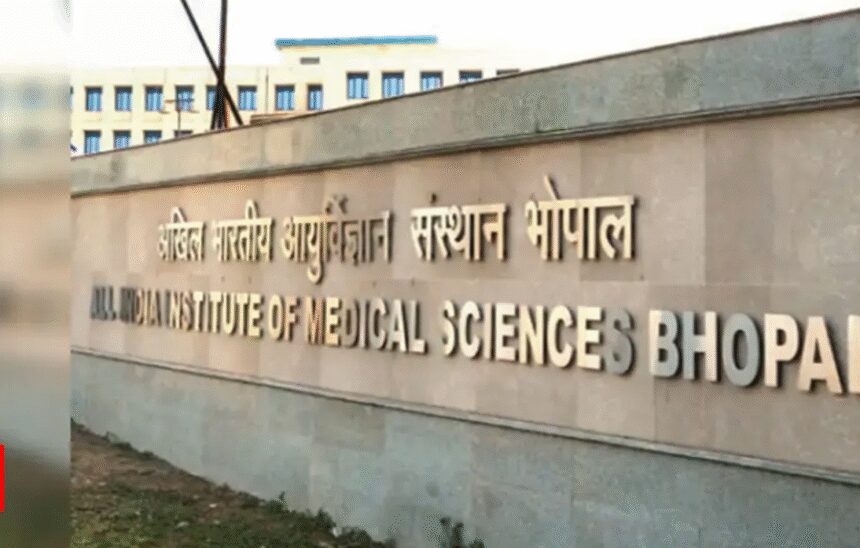AIIMS Bhopal Launches Innovative 3D Printing Project for Kidney Surgery
In a groundbreaking move, surgeons at AIIMS Bhopal, a leading medical institution in India, are set to revolutionize kidney surgery using 3D printing technology. This innovative project aims to enhance the safety and precision of complex kidney stone surgeries, particularly beneficial for patients with complex anatomical variations.
Key Highlights:
-
3D Printing for Customized Surgical Guides:
- AIIMS Bhopal’s Department of Urology has received a Rs 9 lakh research grant from the Madhya Pradesh Council of Science and Technology (MPCST). The initiative focuses on developing customised 3D-printed puncture guides to improve the safety and effectiveness of Percutaneous Nephrolithotomy (PCNL).
-
Advanced 3D Printer:
- The grant allocates Rs 7 lakh for an advanced resin-based 3D printer utilizing DLP/SLA technology. Additionally, Rs 2 lakh is designated for a Junior Research Fellow’s salary over two years.
-
3D Printing Benefits:
- The implementation of 3D printing technology enables the creation of patient-specific surgical instruments, reducing surgical complications, decreasing operation duration, and improving patient outcomes.
-
Dr. Ketan Mehra’s Leadership:
- AIIMS Bhopal associate professor and urologist, Dr Ketan Mehra, will head the research project. Dr Vikram Vatti from the department of cardiothoracic and vascular surgery (CTVS) is the co-Principal Investigator.
- Director’s Statement:
- AIIMS Bhopal director, Dr Ajai Singh, stated, "This project is a meaningful step toward integrating precision-based technology into surgical procedures."
Implementation Details:
- 3D-Printed Guides:
- With the help of 3D-printed guides, complex surgical procedures like PCNL can be made not only personalized but also standardized, potentially setting new benchmarks in urological care.
Publication Date:
- Published on May 14, 2025, at 03:19 PM IST.
This project represents significant progress in delivering enhanced treatment options for both medical practitioners and patients. Stay tuned for more updates on this innovative development.








